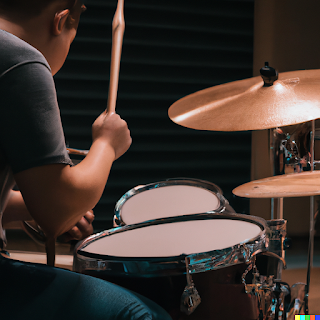Harmony in Rhythm: Embracing Selflessness as Church Drummers

Growing up as a drummer in the teens church, I witnessed a common scene: the main drummer playing every set during a service. As the second drummer, I longed for a chance to play, but it seemed out of reach due to what I perceived as sheer selfishness. Years passed, and I found myself in the same position, repeating the cycle with my juniors. It wasn't until I joined a new ministry that I experienced a different philosophy—one where each drummer had their moment to play, reflecting the diverse talents within the congregation. As children, we may not grasp the impact of our actions, but as adults, it's disheartening to see selfish tendencies persist, especially within the church where unity should prevail. Philippians 2:3-5 calls us to a higher standard, one devoid of selfish ambition, where humility guides our interactions. Every church has its unique practices—some rotate drummers, while others rely on a single individual unless they're absent. Regardless of the method, th...

.jpeg)



